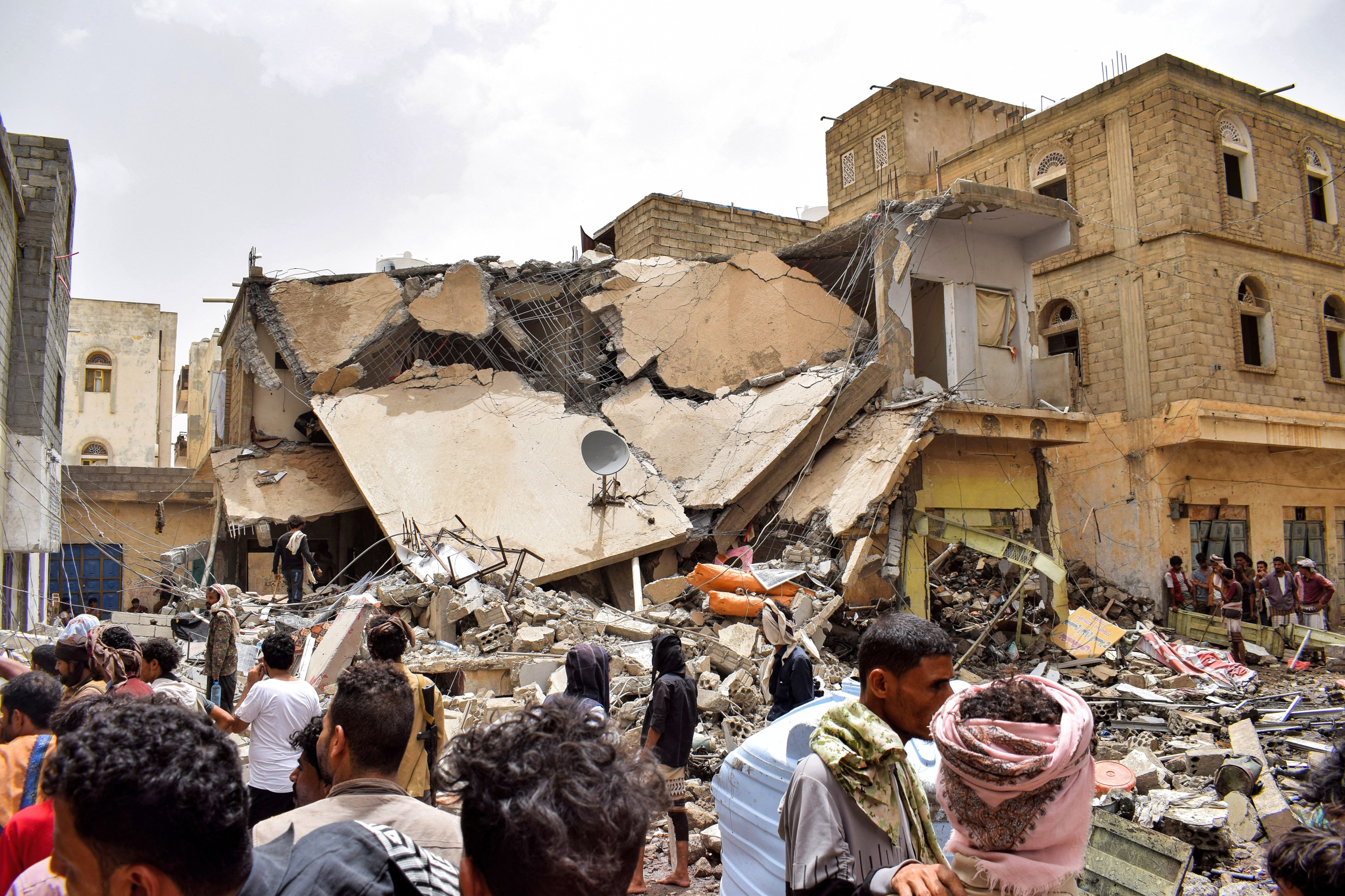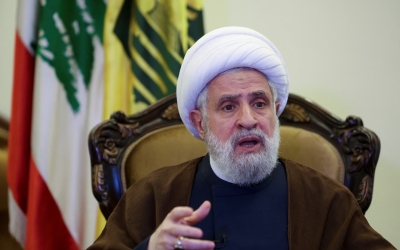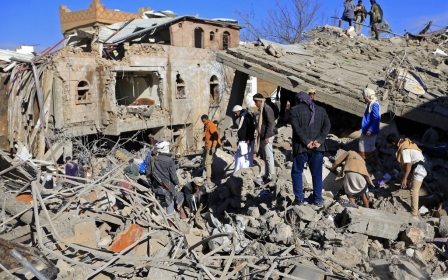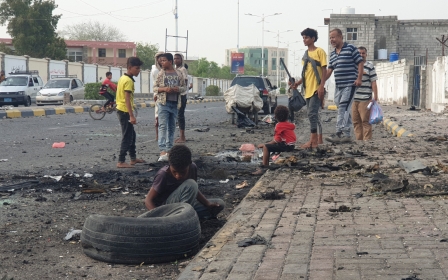Fresh US plans to investigate Yemen war violations called a 'slap in the face'

The Biden administration is looking to create an international committee to document and report on human rights violations in Yemen that would include Yemen’s Saudi-backed presidential leadership council as a “partner”.
The UN Human Rights Council voted last year to end the mandate of experts investigating war crimes in Yemen in a blow to western nations who wanted the probe to continue.
Rights groups accused Saudi Arabia of lobbying to shut down the body. The kingdom is not a voting member of the UN Human Rights Council.
Abdulrasheed al-Faqih, a prominent Yemeni human rights defender, revealed the US plan in an interview with The Guardian.
“They are working on a very, very bad mechanism that can replace the [UN body],” he said. “First of all, the starting point is that the mandate is weak, and second, it is not independent at all,” he said.
New MEE newsletter: Jerusalem Dispatch
Sign up to get the latest insights and analysis on Israel-Palestine, alongside Turkey Unpacked and other MEE newsletters
Faqih called the State Department's proposal a “slap in the face” to civilian victims of the war.
Faqih is co-founder and executive director of Mwatana for Human Rights, a group that monitors and documents war crimes, arbitrary detentions, enforced disappearances and restrictions on the press.
A US Department of State spokesperson acknowledged to Middle East Eye that talks to create an international mechanism to address human rights abuses in Yemen were taking place, but didn’t address the inclusion of the presidential leadership council.
“The United States was deeply disappointed by the termination of the UN Group of Eminent Experts at the Human Rights Council last year,” the spokesperson said.
“We remain committed to working with our partners, including governments and civil society, to establish a new international mechanism for documenting and reporting on human rights violations and abuses in Yemen.”
The war in Yemen erupted in September 2014, when Houthi rebels seized the capital, Sanaa, sparking a civil war that forced President Abd Rabbuh Mansour Hadi to seek refuge in Aden and then Saudi Arabia.
The kingdom and its regional allies, chiefly the UAE, intervened in March 2015 and launched a wide-ranging aerial bombing campaign, carrying out thousands of air strikes in an effort to roll back the rebels.
The coalition also introduced an air and naval blockade that it says prevents the Houthis from smuggling weapons into the country.
The UN and several human rights groups have said the blockade has heavily restricted the flow of aid and goods from coming into the country, putting millions at risk of famine.
The country is frequently described as the world's worst humanitarian crisis, with more than 37o,000 people killed, an estimated four million displaced, and around 80 percent of Yemenis dependent on aid for survival.
In June, Yemeni government forces and the Houthis renewed a truce agreement that has largely held throughout the country.
Middle East Eye delivers independent and unrivalled coverage and analysis of the Middle East, North Africa and beyond. To learn more about republishing this content and the associated fees, please fill out this form. More about MEE can be found here.





